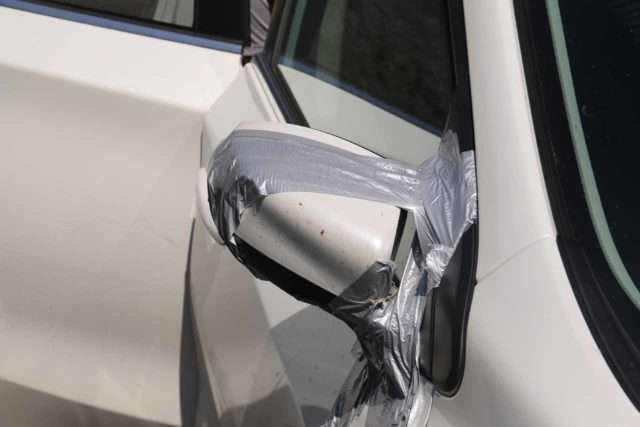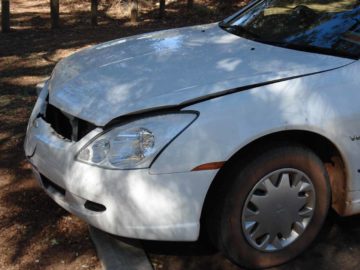Tip 8: Reduce excess insurance to $0 (if possible)

At the time of booking, chances are you’ll have to decide whether or not you want to be covered by rental car insurance (in some cases, you don’t have a choice). And then, you’ll have to figure out to what extent you want the coverage to be. If you’re coming from the United States, your domestic car insurance will be unlikely to cover you internationally so this is not a decision to take lightly. In our experience, the key decision to make is whether to purchase the rental car insurance through the rental car agency you’re hiring from or to rely on the insurance through your credit card company that you’ve made the rental payments with. Julie and I have gone through both claims processes so we can tell you firsthand what it’s like for each case.
If you go through the rental car agency and say you get in an accident or something happens to the car (assuming they’re within the terms of the insurance), then you don’t pay anything additional out-of-pocket unless there’s a deductible or “excess”. Having this type of coverage increases your rental rate, and sometimes the total cost may exceed the base rate of the entire hire itself. If we do go with the rental car insurance, we generally try to reduce our liability to $0 excess so we would not have to pay anything more out-of-pocket (you’d be surprised what you can get dinged for – e.g. cracks or chippies in the windshield, scratches to the body, broken side mirrors, flat tires, etc.).
Julie and I have had a few instances where going through the rental car insurance saved us a lot of money and time. For example, back in 2008 we managed to jar loose the oil pan protector on the underside of our rental car in outback Australia in Queensland. Luckily, we had $0 excess insurance so we were covered for that. More recently, in Spain, we knocked off a side mirror on the passenger side while exiting a tight car park. Again, since we had $0 excess coverage through the consolidator for our Europcar hire, we didn’t have to pay additional out-of-pocket expenses.

If you go through say a credit card insurance (typically through a third-party agency like VisaRental or MasterRental), then you could potentially save a lot of money by not paying the extra rates for rental car insurance from the agency itself. However, if you do get into an incident, then you first have to pay for the damages out-of-pocket, then you’d have to go through the claims process to get back that money. We’ve actually had such an incident where we had hit a kangaroo in 2006, then had to pay nearly $3000 USD out-of-pocket, and then it took nearly 4 months to recover most of that money (not all of it) through MasterRental.
The reason for such a long delay was that the claims process made us prove that we had declined all other forms of insurance and coverage so we wouldn’t defraud the insurance by “double dipping.” Even when we jumped through the hoops and over the hurdles per their claims process, they still tried to find ways to not pay out our claim (citing erroneously that we didn’t follow the process or something like that). Eventually, we’d get back most of our money, but we were still out 10% of the claim amount due to GST (goods and service tax). To make a long story short, that ordeal with MasterRental and Thrifty Rent-a-car was so unpleasant and tedious that we no longer trust the credit card insurance offering.
So the bottom line with deciding which coverage to go with ultimately comes down to this. Is the piece of mind and minimal hassle worth the higher cost of the rental? Or are you willing to roll the dice and save money hoping you don’t have to go through the claims process to recover any additional out-of-pocket expenses from car rental damage? We tend to prefer having the piece of mind, but I can totally understand the allure of not having to pay extra for it. After all, no one expects to have bad things happen to them while on holiday.
Visitor Comments:
Got something you'd like to share or say to keep the conversation going? Feel free to leave a comment below...No users have replied to the content on this page
Only logged in users can post a comment Please login or sign up to comment